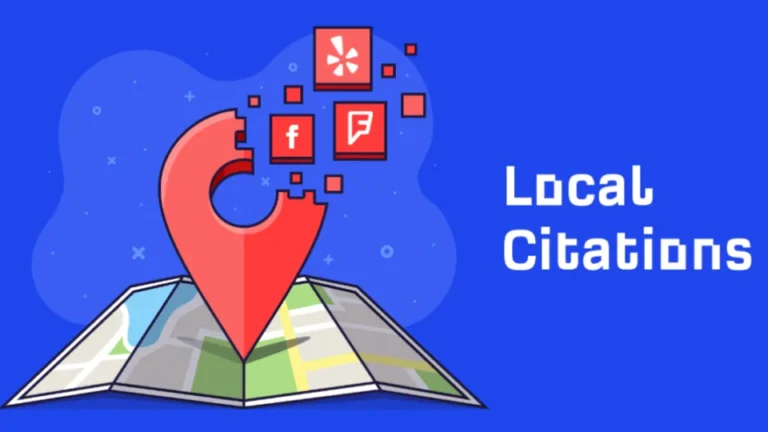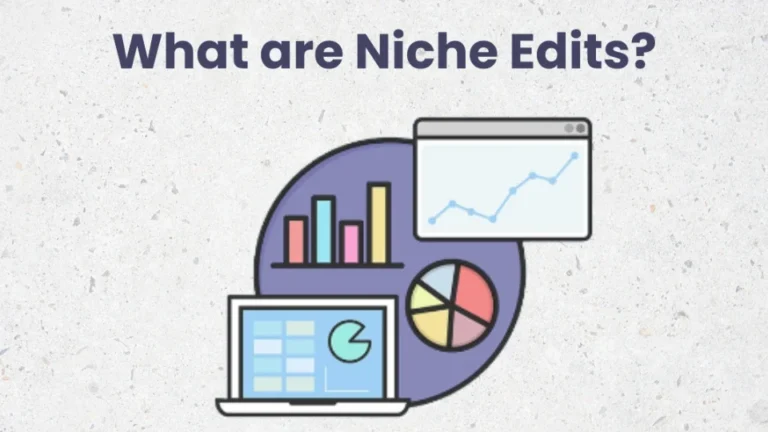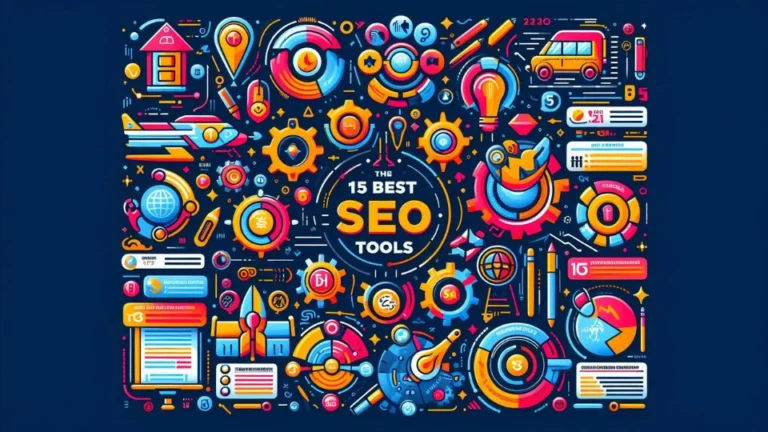What Is an Entity? A Complete Guide for Beginners
When you dive into subjects like business, law, and SEO, you’ll quickly encounter the term “entity.” But what exactly does it mean? Whether you’re setting up a business, optimizing your website for search engines, or simply expanding your vocabulary, understanding the concept of an entity is essential.
In this article, we’ll explain what an entity is, why it matters in different fields, how it compares to related terms, and what its advantages and disadvantages are.
What Is an Entity?
At its core, an entity is something that exists independently and has a distinct and separate existence. In different fields, the word “entity” can have slightly different meanings:
- In Business: An entity is a legal organization, such as a corporation, partnership, or sole proprietorship, recognized by law.
- In SEO and Search Engines: An entity is a thing or concept that is singular, unique, well-defined, and distinguishable. It could be a person, place, organization, event, or even an idea.
- In Law: An entity is an individual, company, organization, or institution that has legal rights and responsibilities.
In every case, the key idea is separateness — an entity stands alone, identified by clear characteristics.
Different Types of Entities

Business Entities
In business, different types of entities define how a company is structured and taxed. Common types include:
- Sole Proprietorship: A business owned by one person.
- Partnership: A business shared by two or more people.
- Corporation: A separate legal entity owned by shareholders.
- Limited Liability Company (LLC): A flexible structure combining partnership and corporation features.
SEO and Search Engine Entities

In the digital world, entities help search engines like Google better understand content. Examples include:
- Person: Elon Musk, Taylor Swift
- Place: Paris, Grand Canyon
- Organization: NASA, Microsoft
- Event: Olympics, Super Bowl
Google uses entities to deliver more accurate search results based on clear facts, not just keywords.
Comparison Table: Entity in Different Contexts

| Field | Definition of Entity | Examples |
|---|---|---|
| Business | A legal structure recognized by the government | LLC, Corporation, Partnership |
| SEO/Search Engines | A well-defined thing or concept | New York City, Barack Obama |
| Law | An individual or organization with legal rights | Universities, Non-profits |
As you can see, while the core idea of “separateness” remains constant, the application changes depending on the field.
Why Are Entities Important?
In Business
- Legal Protection: Corporations and LLCs shield owners from personal liability.
- Tax Benefits: Different entities offer various tax advantages.
- Operational Flexibility: Entities define how businesses can raise capital and operate.
In SEO
- Better Search Visibility: Entities help search engines understand your content contextually, not just based on keywords.
- Rich Results: Google Knowledge Panels and Featured Snippets often display entity-based results.
- Voice Search Optimization: Entities are key to how voice assistants understand queries.
Pros and Cons of Entities
Pros
- Clarity and Recognition: Entities help organize and simplify complex information.
- Legal Advantages: Business entities offer protection and flexibility.
- SEO Boost: Entity-based SEO can increase visibility and authority.
Cons
- Complexity: Forming and maintaining business entities can be costly and complicated.
- Regulatory Requirements: Legal entities face strict reporting and compliance duties.
- SEO Challenges: Optimizing for entities requires technical understanding beyond basic keyword use.
How Search Engines Use Entities
Search engines no longer rely only on keyword matching. Instead, they focus on understanding relationships between entities through:
- Knowledge Graphs: Databases that connect entities based on how they relate to each other.
- Semantic Search: Interpreting user intent based on entity relationships.
- Content Understanding: Recognizing the subject and relevance of a webpage beyond keywords.
For example, if someone searches for “best pizza places near Times Square,” Google knows “Times Square” is a place entity, and “pizza places” are business entities.
How to Optimize for Entity-Based SEO
If you want to take advantage of entity SEO, here’s what you can do:
- Create Clear, Authoritative Content: Write factual, well-researched articles.
- Use Structured Data (Schema Markup): Help search engines identify your site’s key information.
- Get Listed on Knowledge Databases: Sites like Wikidata, Wikipedia, and Google My Business strengthen entity recognition.
- Earn Backlinks: Quality backlinks build your site’s authority as a trusted entity.
- Use Clear Naming Conventions: Consistently use your brand name, address, and descriptions.
Frequently Asked Questions (FAQ)
What is an entity in simple words?
An entity is something that exists separately and can be clearly identified, like a company, person, place, or idea.
What is an example of an entity?
Examples include Apple Inc. (organization), New York City (place), or Albert Einstein (person).
How does Google use entities?
Google uses entities to better understand the meaning behind search queries, helping it deliver more accurate and contextually relevant results.
Is an LLC considered an entity?
Yes, a Limited Liability Company (LLC) is a type of business entity that offers legal protection and flexible management options.
Why should businesses care about entities?
Properly setting up a business entity provides legal protection, tax advantages, and better operational efficiency. In SEO, being recognized as a strong entity improves search rankings and visibility.
Conclusion: Entities Are Everywhere — Understand and Use Them to Your Advantage
Whether you’re building a business, crafting a marketing strategy, or optimizing a website, understanding what an entity is can give you a real advantage.
Entities create clarity, structure, and recognition — both legally and digitally. As search engines become more sophisticated, focusing on entity-based SEO is not just smart — it’s essential for standing out in today’s crowded online space.







